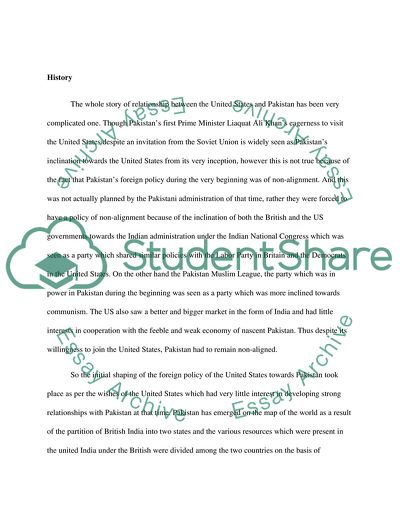Cite this document
(“US National Security Policy Towards Pakistan During the Last Three Research Paper”, n.d.)
US National Security Policy Towards Pakistan During the Last Three Research Paper. Retrieved from https://studentshare.org/politics/1769356-us-national-security-policy-changes-with-pakistan-over-the-past-three-administrations
US National Security Policy Towards Pakistan During the Last Three Research Paper. Retrieved from https://studentshare.org/politics/1769356-us-national-security-policy-changes-with-pakistan-over-the-past-three-administrations
(US National Security Policy Towards Pakistan During the Last Three Research Paper)
US National Security Policy Towards Pakistan During the Last Three Research Paper. https://studentshare.org/politics/1769356-us-national-security-policy-changes-with-pakistan-over-the-past-three-administrations.
US National Security Policy Towards Pakistan During the Last Three Research Paper. https://studentshare.org/politics/1769356-us-national-security-policy-changes-with-pakistan-over-the-past-three-administrations.
“US National Security Policy Towards Pakistan During the Last Three Research Paper”, n.d. https://studentshare.org/politics/1769356-us-national-security-policy-changes-with-pakistan-over-the-past-three-administrations.


